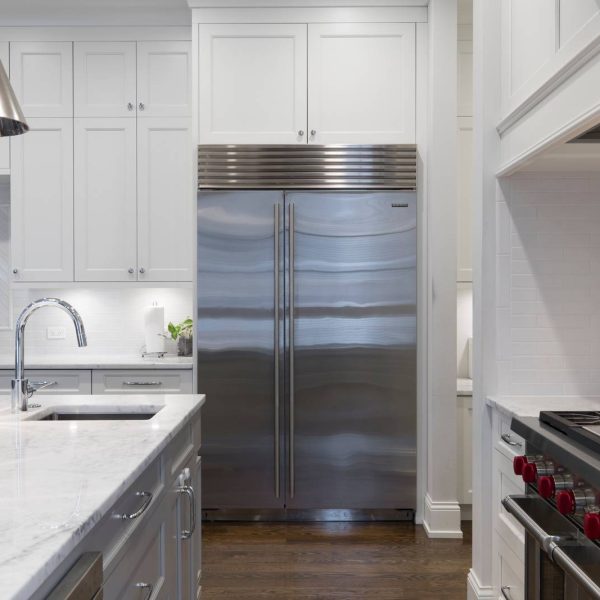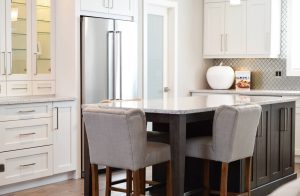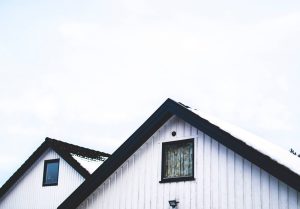Buying a home is a really big deal! It can feel exciting and a little scary at the same time. You might be wondering, “Am I really ready to buy a home?”. To help you feel confident, we’re going to look at some important things you need to think about when it comes to money before you decide to buy a house.
Understanding Financial Readiness
Financial readiness is about making sure you have enough money saved and your budget set up to buy a home. Here are some questions to ask yourself:
1. Do I have a steady income?
2. Have I saved enough for a down payment?
3. Am I keeping track of my spending?
4. Do I understand my credit score?
If you answered “yes” to all these, you might be getting close to being ready to buy a house!
The Importance of Budgeting for Home Buying
Creating a budget can help you see how much money you can spend on a home. When creating your budget, think about these things:
– Current monthly income: How much money do you make every month?
– Monthly expenses: What bills do you have? (like rent, groceries, and entertainment)
– Extra savings: Can you put away money every month for your house?
As you look at your monthly income and expenses, ask yourself, “Can I afford a house?” You might want to use a home affordability calculator to see how much you can spend.
Understanding Your Debt-to-Income Ratio
It’s important to look at your debt-to-income ratio, which is how much money you pay in bills compared to how much money you make. A low debt-to-income ratio means you have room to comfortably afford a house.
#### Here’s a quick way to calculate it:
1. Add up your monthly debt payments. This includes things like credit cards, car loans, and student loans.
2. Add up your monthly income.
3. Divide your total debt by your total income.
4. Multiply by 100 to get a percentage.
A good goal is to keep your ratio under 36%. If yours is higher, it might take a little more time to prepare for home buying.
Saving for Your Home Purchase
Having a good amount saved up can really help you in the home-buying process. Here are some tips for saving money:
– Create a savings plan: Decide how much money you want to save and by when.
– Open a special savings account: This will help you keep your house money separate from regular spending.
– Cut back on spending: Look for places where you can save money, like skipping a coffee run or eating out less.
First-time Home Buyer Financial Checklist
Before you buy your first home, it’s good to have a checklist. Here’s a simple one to follow:
1. Know your credit score.
2. Have a savings plan in place.
3. Calculate your debt-to-income ratio.
4. Use a home affordability calculator.
5. Compare buying a house vs renting.
6. Get pre-approved for a mortgage.
This checklist will help you feel more prepared as a first-time home buyer.
Home Buying Financial Tips
Here are some financial tips to keep in mind when you’re ready to buy a home:
– Don’t rush the process: Take your time to find the perfect home for you.
– Get help when needed: Talk to a financial advisor or a trusted adult about home buying.
– Know your limits: Understand how much you can spend so you don’t feel stretched too thin.
– Look for grants or help programs: Many places offer help for first-time home buyers.
Conclusion
Buying a home is a big step that needs careful thinking and planning. Remember to ask yourself questions and use tools like budgeting and home affordability calculators. Being financially ready for a mortgage means more than having money—it’s about feeling confident and prepared.
Take your time to plan and make sure you’re ready to make a move! Feel free to share your thoughts or ask questions below!




















